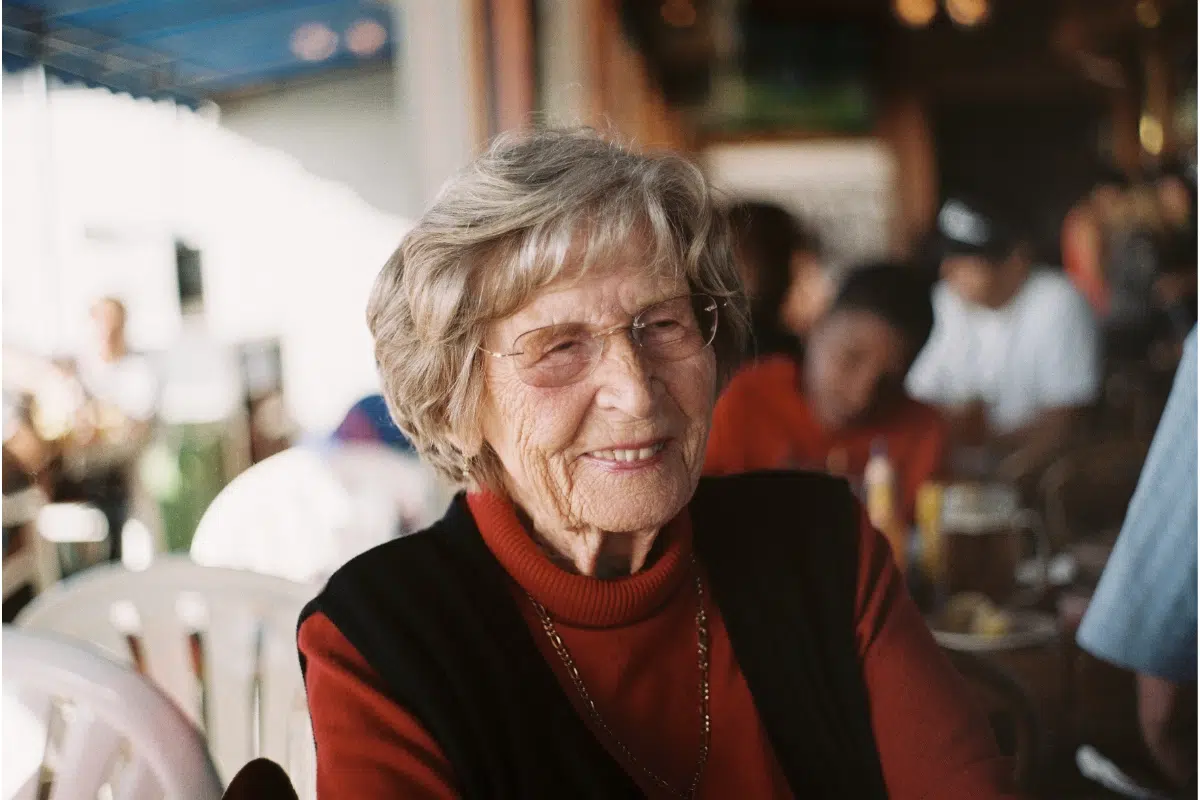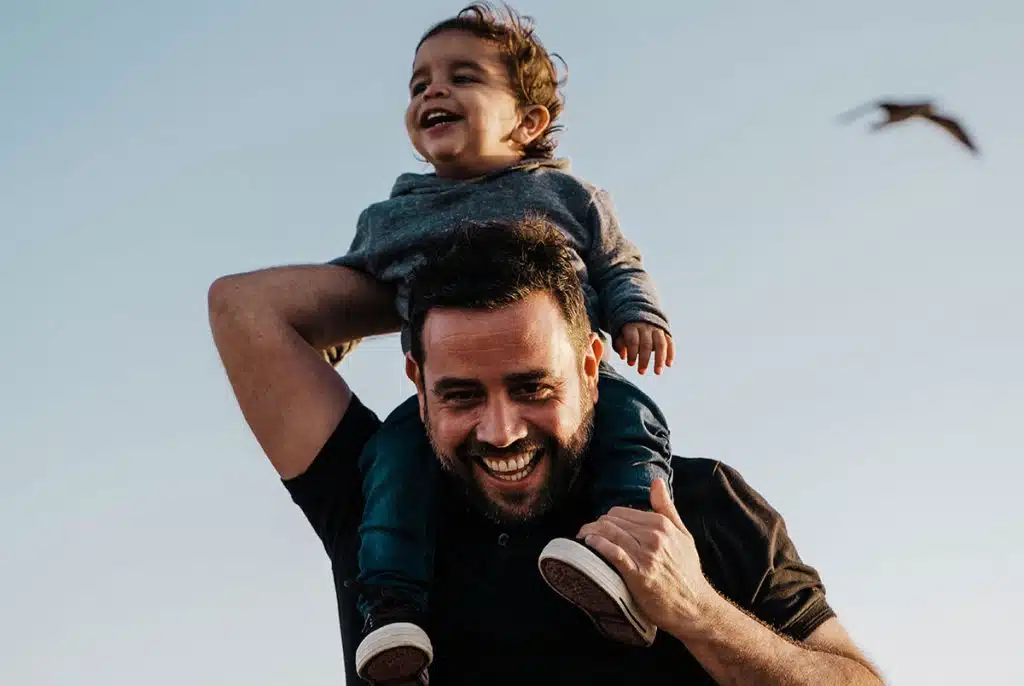Elder abuse is a growing and often hidden crisis – affecting one in seven older Australians. Drawing on frontline experience and expert consultation, this paper presents a clear path for the NSW Government to take real, lasting action.
At least 15% of older Australians are currently experiencing abuse—most commonly from an adult child, partner, or friend. This abuse often takes the form of psychological harm, financial exploitation or neglect.
The need for action is urgent, particularly given the scale and projected growth of the issue:
28% of people aged over 60 in NSW live outside Greater Sydney, with reduced access to services and greater exposure to climate-related disasters.
50% of people over 65 live with disability, and the number of Australians living with dementia is expected to double by 2060.
Over 50% of adult children under 30 are now living at home with their parents – creating complex dynamics that can increase the risk of elder abuse.
Service providers, including our teams at Relationships Australia NSW, are seeing increasing demand, often from older people with multiple, intersecting needs – but supports simply haven’t kept pace. Without sustained and targeted intervention, this silent crisis will continue to escalate.
Important takeaways from the research
This policy paper outlines five key areas of reform:
1. Strengthening the NSW service system
Secure, ongoing investment in dedicated elder abuse services – particularly in regional areas – and better coordination between services, including Elder Abuse Collaboratives.
2. Legislative reform
Review of state coercive control laws, stronger protections in Enduring Power of Attorney arrangements, and a new information-sharing framework to better safeguard older people.
3. Workforce resilience
Longer funding cycles, enhanced training and development, and better integration across sectors including health, aged care and legal services.
4. Better data and research
Improved data collection, longitudinal research, and a focus on the needs of marginalised groups such as older Aboriginal people, LGBTQ+ elders, and those with cognitive impairments.
5. National leadership
A push for a 10-year National Plan to end the abuse of older people within a generation – mirroring the ambition of current family and domestic violence strategies.







